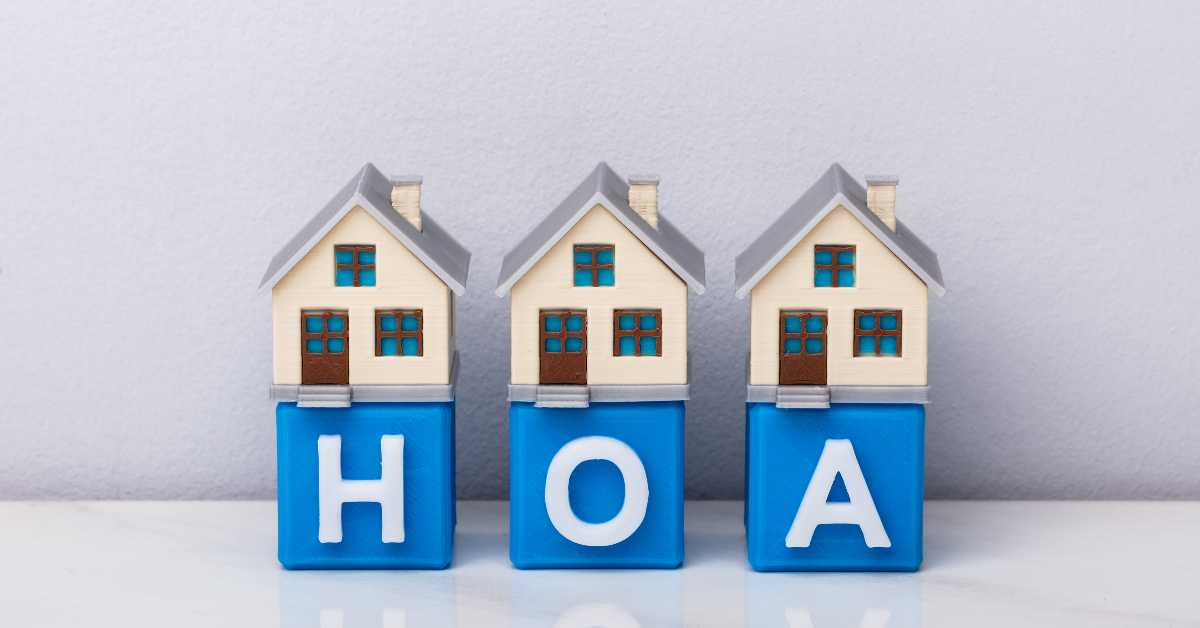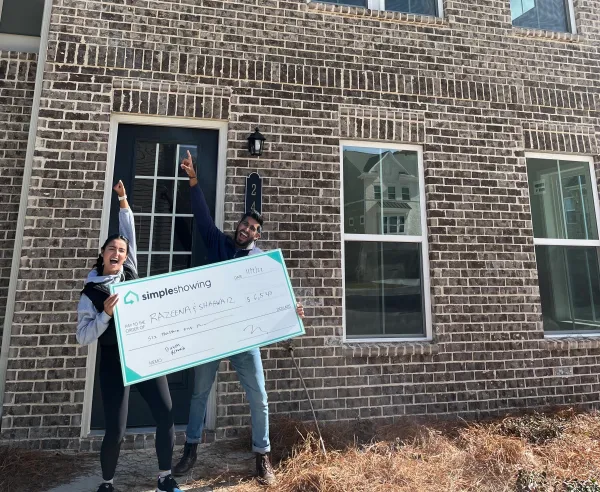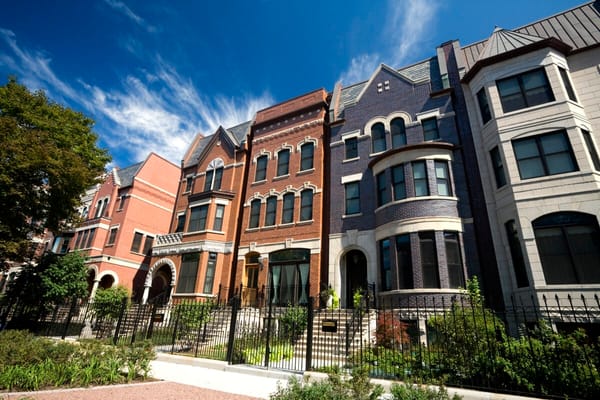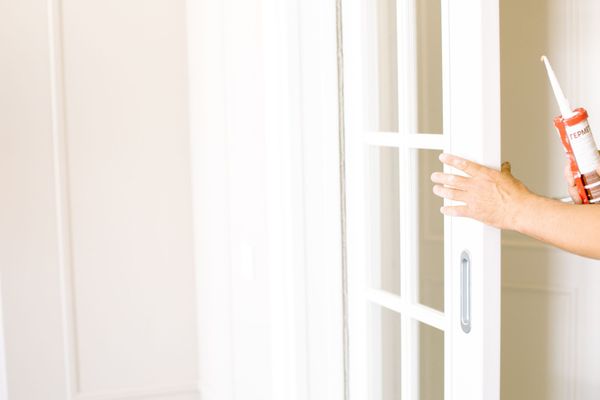Homeowner associations (or HOA, for short) are prevalent in pretty much every primary housing market in the United States. If it's your first time buying a home, or if you haven't purchased a home in a while, you might be wondering what is an HOA? More precisely, what do HOAs do, and should you buy a home that has one?
Fortunately for prospective homeowners, the concept of these associations is relatively straightforward. Here's what you need to know before making the purchase!
What Is an HOA?
To start, let's answer the obvious question, "what is an HOA?" As mentioned earlier in this post, the term stands for "homeowner association." It is "an organization in a subdivision, planned community, or condominium building that makes and enforces rules for the properties and its residents."
However, this definition doesn't quite do the term justice. It's not an external organization that enforces these rules. Instead, it's an organization run by the residents of the community. When you purchase a home under an HOA jurisdiction, you become a member of that association. Your property will entitle you to a specific voting percentage. Much like a publicly-traded company, you can vote your "shares" in the HOA on issues before the board.
HOAs describe all the rules and regulations in a document called the Declaration of Covenants, Conditions, and Restrictions (abbreviated CC&Rs). This document outlines what you can and cannot do with your property. Some HOAs are relaxed - meaning you can do almost anything you want with your home. Others are quite restrictive. Some HOAs might restrict the color you can paint your home or the type of fencing you can use.
If you don't follow these rules, you could face litigation and fees for non-compliance.
What Are HOA Dues?
Homeowners associations need money to run. Most homeowners associations take care of the common areas (gardens, amenities, and the outside of buildings). The upkeep of all these things, along with reasonable salaries for board members, requires money. The way the association makes that money is by collecting dues from all homeowners within the association.
When buying a home under an association's jurisdiction, you should ensure you know how much those dues are. In some places, these dues can be a couple of hundred a year (in which case, you typically don't get much in the way of services). In other places, like New York City, dues can be thousands per month. Of course, in these places, you'll get a lot more for your dollar.
As a member, you can vote on increases, decreases, or special assessments, but you must pay any dues levied by the HOA. Failure to do so can result in liens and foreclosure if the circumstances get bad enough. In some states, association dues have a "super lien" status, which provides them with enhanced priority and can result in your lender paying it off to protect their mortgage.
Bottom line: you need to pay the HOA dues, or there can be some dire consequences. Before buying a home with an HOA, you should learn about its finances and dues to ensure that you'll have the money available to make the payments.
What Is an HOA: Why Do Homeowners Want Them?
By now, you may be wondering why homeowners would want an HOA. It seems like an extra expense on top of the mortgage, property tax, and insurance that you would typically pay.
The argument for HOAs is often two-fold. Since HOAs are responsible for all the common areas, this is the most logical structure for lots with amenities. If all the homeowners share a pool, it makes sense that everyone would pay some dues, which go to maintaining that benefit. And, since it's much cheaper to have a pool that everyone pitches in for than having one yourself, you can get more for your dollar. For example, a condo HOA might collect $300 a month, but that might pay for a pool, tennis court, fitness center, and more. It would cost a lot more than $300 a month if you wanted all these yourself!
HOAs are also often responsible for extensive structural repairs but not all mechanical systems that are inside the unit. For example, when comparing renting an apartment versus owning a condo, if the furnace breaks in a condominium, you will have to pay for the repair.
Secondly, HOAs often have rules that keep property values high. Some HOAs will pay for professional gardening services to ensure that all the properties have quality landscaping. Other HOAs might enforce paint colors and repairs to ensure that homes in the area all look relatively uniform and neat. Still, others might pay for fences to make it a gated community. That, in theory, gives the properties enhanced value due to safety.
What Are the Negatives To HOAs?
Of course, like anything else in this world, there are negatives to HOAs as well. The biggest negative is that you lose some control over your property. For example, if you want to paint the side of your home pink, you might not be able to do that. Do you want to install an air conditioner? Depending on the structure of the HOA, you might not be able to do that either. If you're going to have full control over your property, buying one in an HOA is not the way to go.
The other downside to HOAs is financial. You need to pay the dues, which are usually manageable. However, depending on what happens, the HOA can get into significant distress financially and need to levy special assessments. If the homeowners are also distressed and not paying in (this happened in 2008), the association can get stuck in a bad financial state. Lenders won't want to provide mortgages to buyers for these types of HOAs.
In other words, you could get stuck in a home that has extensive assessments that the HOA could, in theory, initiate foreclosure proceedings to collect. Additionally, you can't sell it because lenders won't give people mortgages to buy your home due to the association's poor financial shape. Although rare, you could get into this nightmare scenario.
So, in addition to knowing the dues to pay when living in a HOA community, it’s important to know the repercussions of falling behind on payments for these fees. While every HOA has its own rules, possible action may include restricted access, sending debt collectors, and sometimes even foreclosure on your property.
What Is an HOA? A Way To Enhance Property Values with Some Downsides
The answer to the "what is an HOA" question is conceptually quite simple. It's a way to provide amenities, pay for common grounds, and enhance property values. That's the core idea. However, there are some downsides. The financial implications are tangible and can be quite problematic.
If you're looking at buying a home with an HOA, discuss its CC&Rs with your real estate agent and leverage their guidance to determine if the house is right for you! You can also review our checklist for buying a home here. Happy house hunting!






